Editorial Department
The Atlantic Monthly
600 New Hampshire Ave. NW
Washington, D.C. 20037
Dear Editors:
In 1996, fresh MFA in hand, I submitted to The Atlantic my best poem to date, hoping your editors would be as entranced with it as I, and would rush to include it in a forthcoming issue. Then truly (I believed), I would have arrived. This fantasy was only slightly more unlikely than what did happen. Your poetry editor at the time was a gentleman—and I emphasize that designation—named David Barbour (sp?), I believe. I might be mistaken about his name, a doubt that pains me, because whatever his name, he did indeed treat me, not only gently, but with a refinement composed equally of consideration and class.
Contrary to what I might have rightly expected, had I been better informed both as to common practice in the poetry “industry,” and to the worth of my poem, I received a personally written letter back explaining at some length that the editor along with several colleagues had gone over my lone submission repeatedly, feeling somehow drawn toward a desire to publish it, yet, regrettably, finding it “not quite there yet.” I was, however, invited to re-submit either a re-working of this piece or other examples of my work, that I might choose.
At the time, I was still too “green”—I’d been admitted to a fairly prestigious MFA in Writing program within six months of suddenly becoming rabid about poetry, and taking up writing, having had virtually no prior exposure to real poetry, or even to literature, and was lacking a Bachelors degree as well—to realize what a rarity was the personal, explanatory rejection letter, much less the grace, and kindness, I was being shown. I should say that now and then over the years since, I’ve run across that same poem in my files, and I certainly agree that it was “not quite there yet.” In fact, my cringing appraisal of it is not near so generous as was your editor’s.
All this by way of saying, I have a special regard for The Atlantic. Your editor took special pains on my behalf for no reason that I can see. Except for, I guess, that that’s how it ought to be done.
For the decade or so following, I specialized in the sort of short poem that often is found in your pages. And got quite good at it, all the while fiercely suppressing any particular burning to see them in print. Only recently have I left off that demanding discipline, feeling finally qualified to return to the longer lines and extended possibility offered by the page-width-length poem. I’m no newbie now, however, and I feel suited to address the craft of short poems, two of which were featured in your September 2007 issue. I don't usually offer critical comment to editors on the content they feature—but when favored institutions are smeared—someone must say something.
Wasted words, extra words, the decidedly wrong word—these are egregious enough in any poem, but are especially deadly to the short poem. Even worse are unearned declaratives that aspire to gain their credential for being there by faking universality, when actually these hollow statements, far from serving the poem, at best simply serve the poet’s mood. The entire second stanza of William Logan’s The Early Birds fits into that shoe. The first line of that second stanza might be permissible but for what is either fuzzy thinking, or redundancy, or both, depending how and to what one applies the abstraction, “justice.” I’m not going to try to write that up. You can do the math.
Unless it’s that, being dead (in the poem), Logan correctly but unnecessarily assesses, he’ll be no worse off than Justice, (Donald), who I think I heard is similarly indisposed. This last is so unlikely, I must conclude that the fuzzy thinking, while not intended to be such, is intended to serve the rhyme scheme. But then, is “just” allowed in, dragging its error along, simply to go with “disgust?” Surely not, “disgust” must be the most poorly chosen word but one in the whole poem. So, then, it must be that “disgust” is poorly chosen to go with “just,” which then can only be there because Logan hasn’t bothered to think it through.
But the worst word in the poem by far is “stumble.” This alone should have disqualified this assemblage from your august pages. (Why, I think I hear violins. No, wait, that was Muzak.) C’mon, guys.
Pinsky’s poem is far better. But the nifty linkage he gets between the sound of “Y” and the meaning of “quandary,” seems ignored for “X” and “Z.” I could be missing something. Actually, surely I am. Why is “evasion” the last of signs? You could make a case for “sleep” as the last of signs, and that would tie in with the “Z” as a symbol, oh never mind. Give it a “B-.”
Logan, however, should be stripped of his overcoat and forced to draw his specious conclusions here forward adorned with mustaches, lest any other prestigious forum fail to note their transparently crude disguise.
Thank you for your fine magazine, and for registering my sorely-felt quibbles. To be fair, I’ve enclosed a short poem of my own. It speaks first and foremost to the power and reach of the medium itself, and thus establishes a frame for what it says about us in general, and the detail of the personal epic, both of which are sub-textual to that honoring.
Contrary to what I might have rightly expected, had I been better informed both as to common practice in the poetry “industry,” and to the worth of my poem, I received a personally written letter back explaining at some length that the editor along with several colleagues had gone over my lone submission repeatedly, feeling somehow drawn toward a desire to publish it, yet, regrettably, finding it “not quite there yet.” I was, however, invited to re-submit either a re-working of this piece or other examples of my work, that I might choose.
At the time, I was still too “green”—I’d been admitted to a fairly prestigious MFA in Writing program within six months of suddenly becoming rabid about poetry, and taking up writing, having had virtually no prior exposure to real poetry, or even to literature, and was lacking a Bachelors degree as well—to realize what a rarity was the personal, explanatory rejection letter, much less the grace, and kindness, I was being shown. I should say that now and then over the years since, I’ve run across that same poem in my files, and I certainly agree that it was “not quite there yet.” In fact, my cringing appraisal of it is not near so generous as was your editor’s.
All this by way of saying, I have a special regard for The Atlantic. Your editor took special pains on my behalf for no reason that I can see. Except for, I guess, that that’s how it ought to be done.
For the decade or so following, I specialized in the sort of short poem that often is found in your pages. And got quite good at it, all the while fiercely suppressing any particular burning to see them in print. Only recently have I left off that demanding discipline, feeling finally qualified to return to the longer lines and extended possibility offered by the page-width-length poem. I’m no newbie now, however, and I feel suited to address the craft of short poems, two of which were featured in your September 2007 issue. I don't usually offer critical comment to editors on the content they feature—but when favored institutions are smeared—someone must say something.
Wasted words, extra words, the decidedly wrong word—these are egregious enough in any poem, but are especially deadly to the short poem. Even worse are unearned declaratives that aspire to gain their credential for being there by faking universality, when actually these hollow statements, far from serving the poem, at best simply serve the poet’s mood. The entire second stanza of William Logan’s The Early Birds fits into that shoe. The first line of that second stanza might be permissible but for what is either fuzzy thinking, or redundancy, or both, depending how and to what one applies the abstraction, “justice.” I’m not going to try to write that up. You can do the math.
Unless it’s that, being dead (in the poem), Logan correctly but unnecessarily assesses, he’ll be no worse off than Justice, (Donald), who I think I heard is similarly indisposed. This last is so unlikely, I must conclude that the fuzzy thinking, while not intended to be such, is intended to serve the rhyme scheme. But then, is “just” allowed in, dragging its error along, simply to go with “disgust?” Surely not, “disgust” must be the most poorly chosen word but one in the whole poem. So, then, it must be that “disgust” is poorly chosen to go with “just,” which then can only be there because Logan hasn’t bothered to think it through.
But the worst word in the poem by far is “stumble.” This alone should have disqualified this assemblage from your august pages. (Why, I think I hear violins. No, wait, that was Muzak.) C’mon, guys.
Pinsky’s poem is far better. But the nifty linkage he gets between the sound of “Y” and the meaning of “quandary,” seems ignored for “X” and “Z.” I could be missing something. Actually, surely I am. Why is “evasion” the last of signs? You could make a case for “sleep” as the last of signs, and that would tie in with the “Z” as a symbol, oh never mind. Give it a “B-.”
Logan, however, should be stripped of his overcoat and forced to draw his specious conclusions here forward adorned with mustaches, lest any other prestigious forum fail to note their transparently crude disguise.
Thank you for your fine magazine, and for registering my sorely-felt quibbles. To be fair, I’ve enclosed a short poem of my own. It speaks first and foremost to the power and reach of the medium itself, and thus establishes a frame for what it says about us in general, and the detail of the personal epic, both of which are sub-textual to that honoring.
Sincerely (or nearly),
Rick Skogsberg
I Don't Think You Should Touch That
organ
it could be haunted













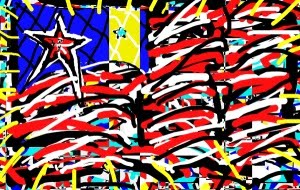











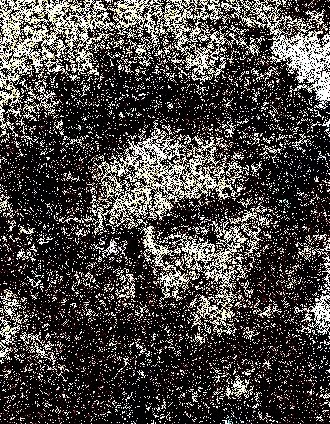






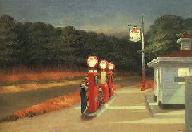



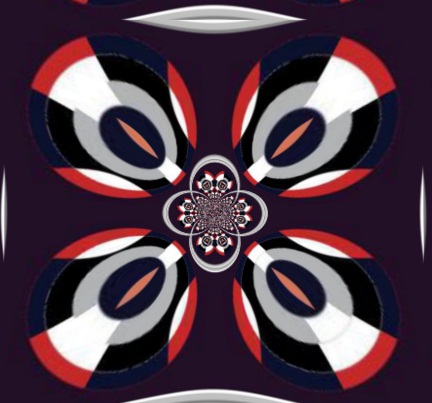


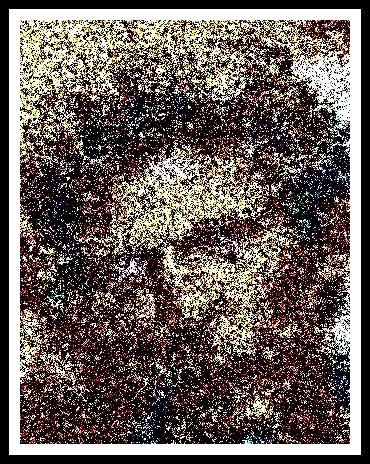
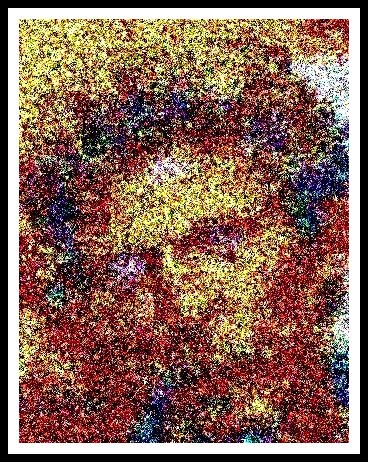
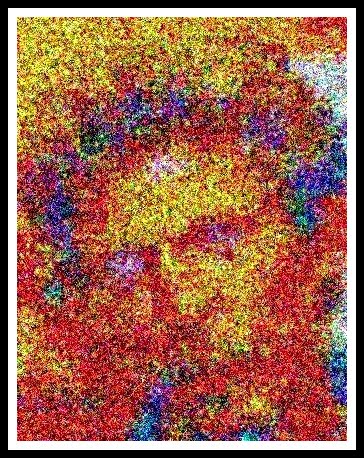
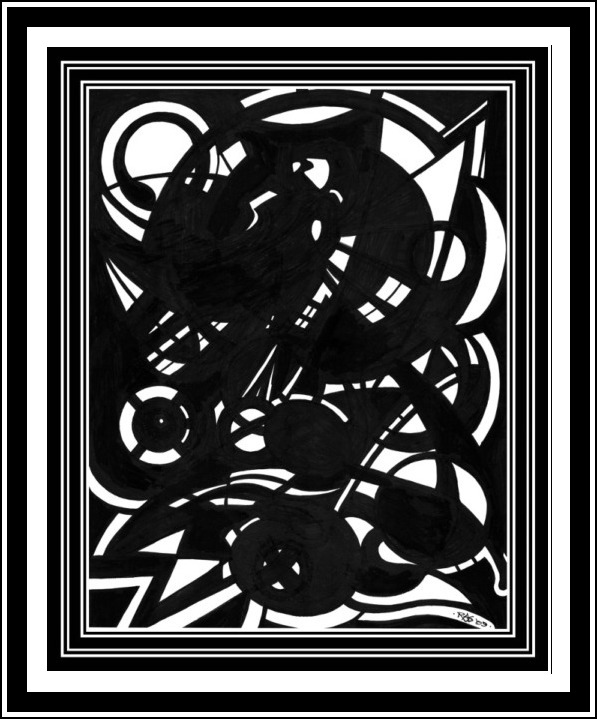
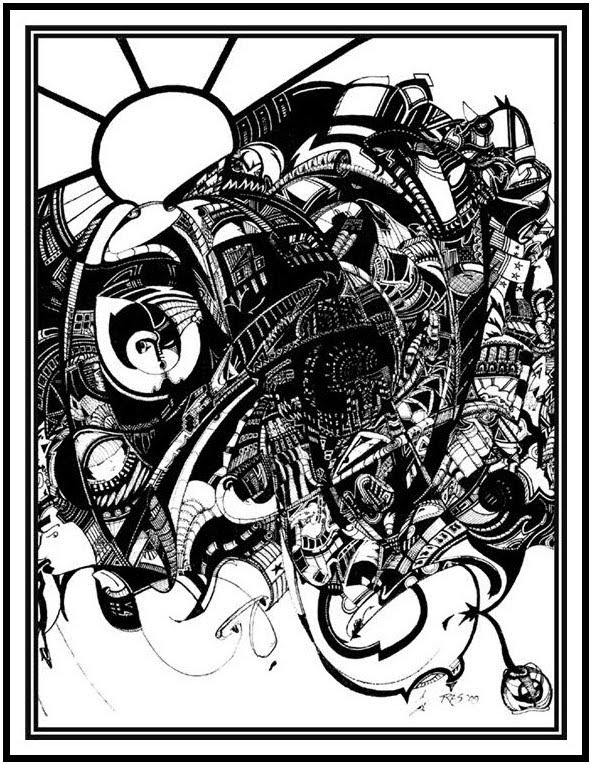



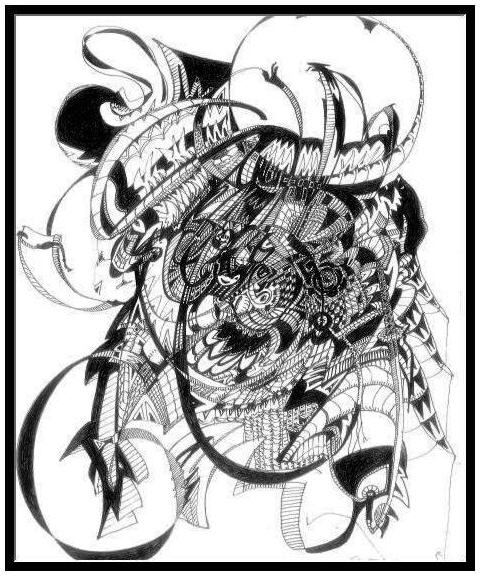

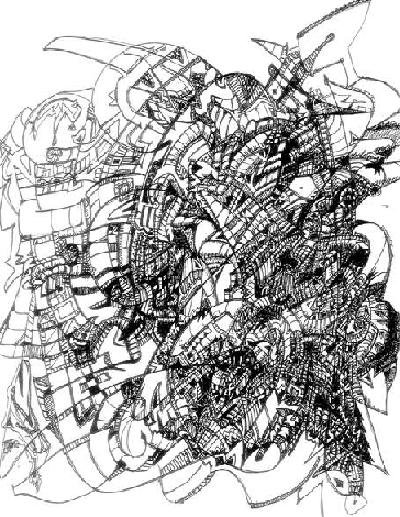

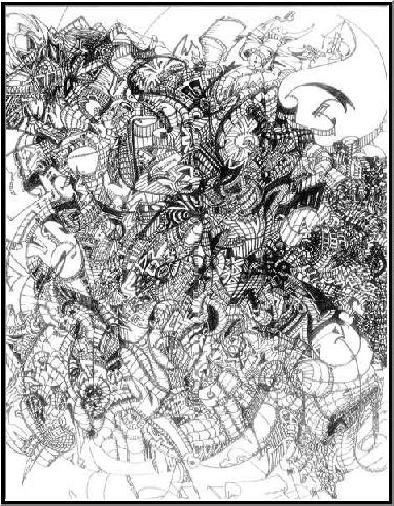
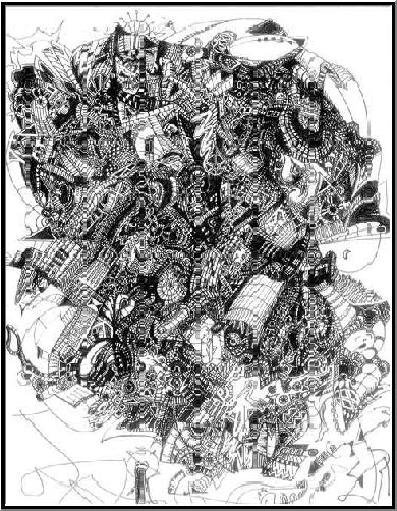
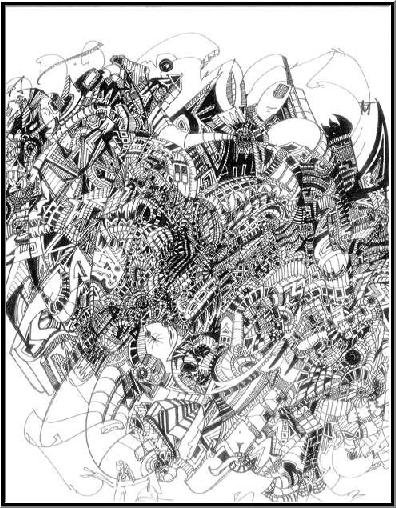
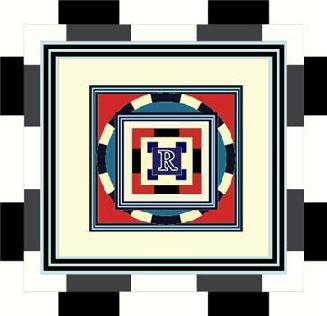
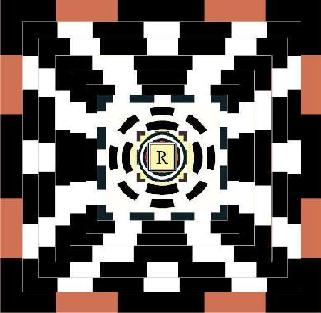
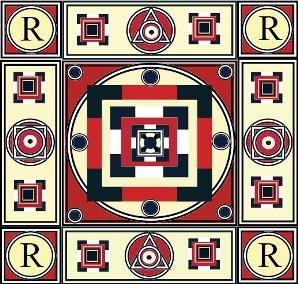
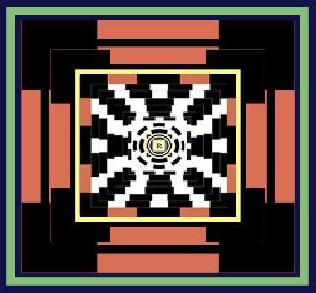
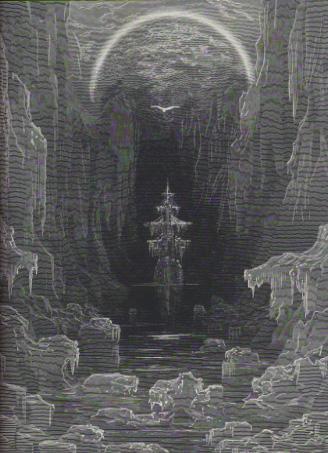

No comments:
Post a Comment